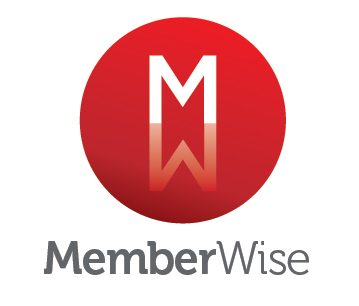Royal Warrants are a centuries-old mark of recognition for companies or individuals who have supplied goods or services to the Royal Household for at least five years, and who demonstrate excellence, reliability, and integrity. They are neither commercial endorsements nor easily granted badges, they are earned over time, reflecting an ongoing relationship grounded in trust, consistency, and quality.
But what exactly is a Royal Warrant? Why do some organisations actively pursue it, and what might it signal to a membership body when a supplier holds one?
A Brief History of the Royal Warrant
Royal Warrants have been around for hundreds of years. Some of the earliest examples date back to the Middle Ages, with craftspeople supplying the royal courts. Today, they are granted by His Majesty The King in the main and are administered by the Royal Household through the Royal Warrant Holders Association.
There are currently around 800 Royal Warrant holders across industries as diverse as food production, clothing, technology, and web services. Each has demonstrated a sustained commitment to quality and an ability to meet the rigorous standards of the Royal Household. The warrant is not a lifetime guarantee, it must be renewed regularly, and can be removed if standards slip.
Why Organisations Seek a Royal Warrant
For suppliers, holding a Royal Warrant is a visible affirmation of their reliability and quality over time. It’s a sign not just of excellence in product or service delivery, but also of business integrity, environmental responsibility, and workforce development. To many organisations, it offers validation that internal values and external delivery align to the highest standards.
However, the process is long and rigorous. It requires not just sustained service to the Royal Household, but also a demonstrable commitment to ethical and responsible practices, ranging from staff welfare to sustainability.
What This Means for Membership Organisations
Membership bodies rely on their digital partners to act as extensions of their own teams, often across critical digital infrastructure, communications, and operational support. Trust, reliability, and alignment of values are not just ‘nice to have’, they are essential.
When a supplier holds a Royal Warrant, it signals a level of scrutiny and reliability that can be hard to measure otherwise. It’s not an award granted for a one-off piece of work or an impressive pitch, it reflects years of consistent service, evolving in line with both needs and values.
In a sector where procurement decisions often carry long-term consequences, particularly across digital transformation programmes or member experience platforms, having confidence in a supplier’s long-term capability and credibility is invaluable.
Our Perspective at Reading Room
In our experience, working to Royal Household standards means embedding responsibility and quality into everything we do, from our approach to accessibility and security through to ongoing support and platform performance.
For membership organisations, this translates into a mindset of service, long-term thinking, and constant quality assurance. Our work with Royal Household departments and across the membership space has taught us that the values which underpin a Royal Warrant (service, stability, trust), are also those most needed in strategic supplier partnerships.
Final Thoughts
While a Royal Warrant might not be at the top of your supplier checklist, understanding what it stands for could help you make more confident, values-aligned procurement decisions. It’s one of the few indicators that blends heritage with modern accountability, and in a landscape where digital and member expectations continue to grow, that blend might just be the reassurance you’re looking for.
Reading Room is a full-service digital transformation agency with offices across the UK. As an ever-curious, 100-strong team of digital specialists, we cover the whole caboodle – from user research and digital strategy, through to design, technology and digital marketing.










Leave A Comment